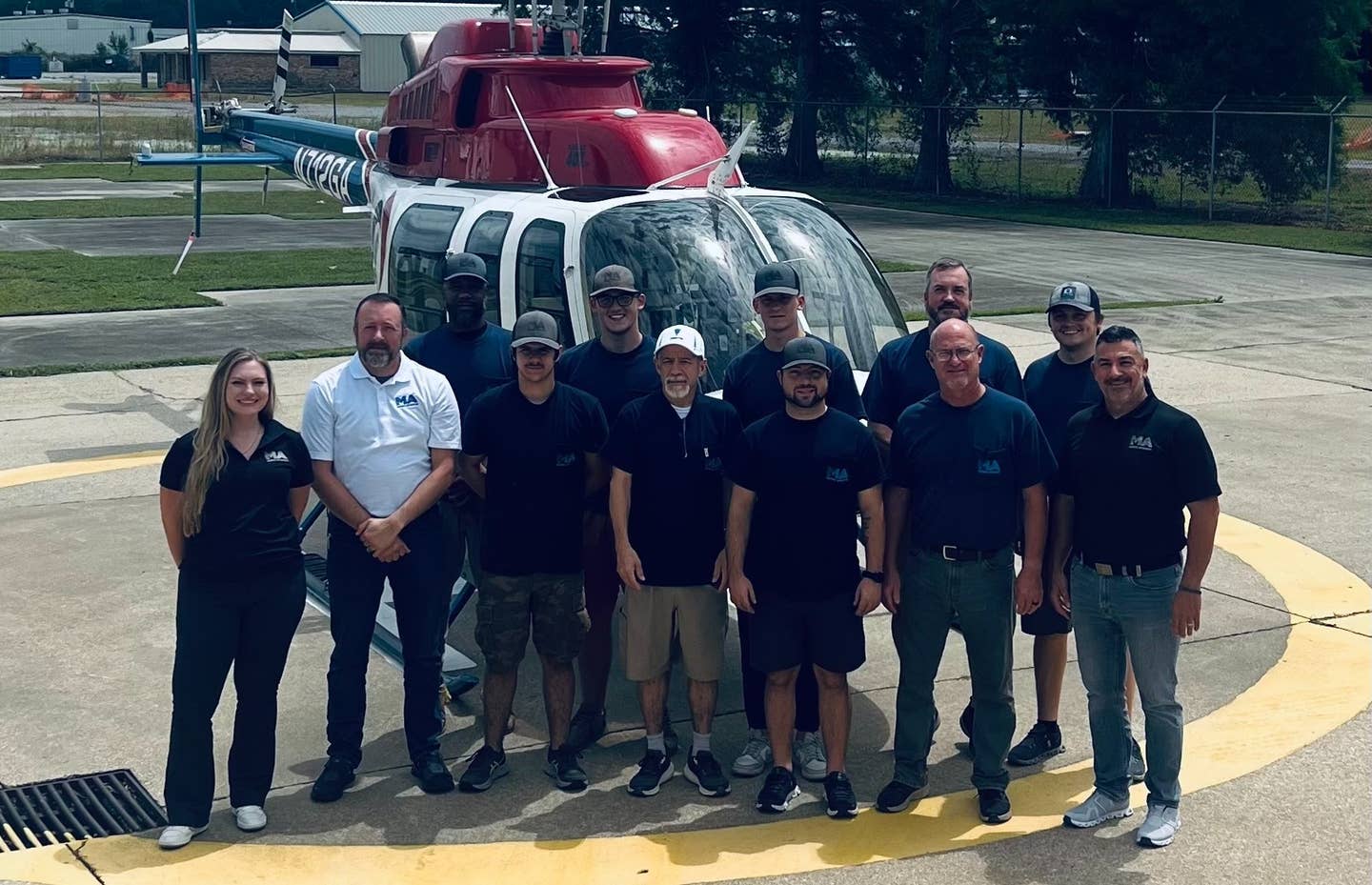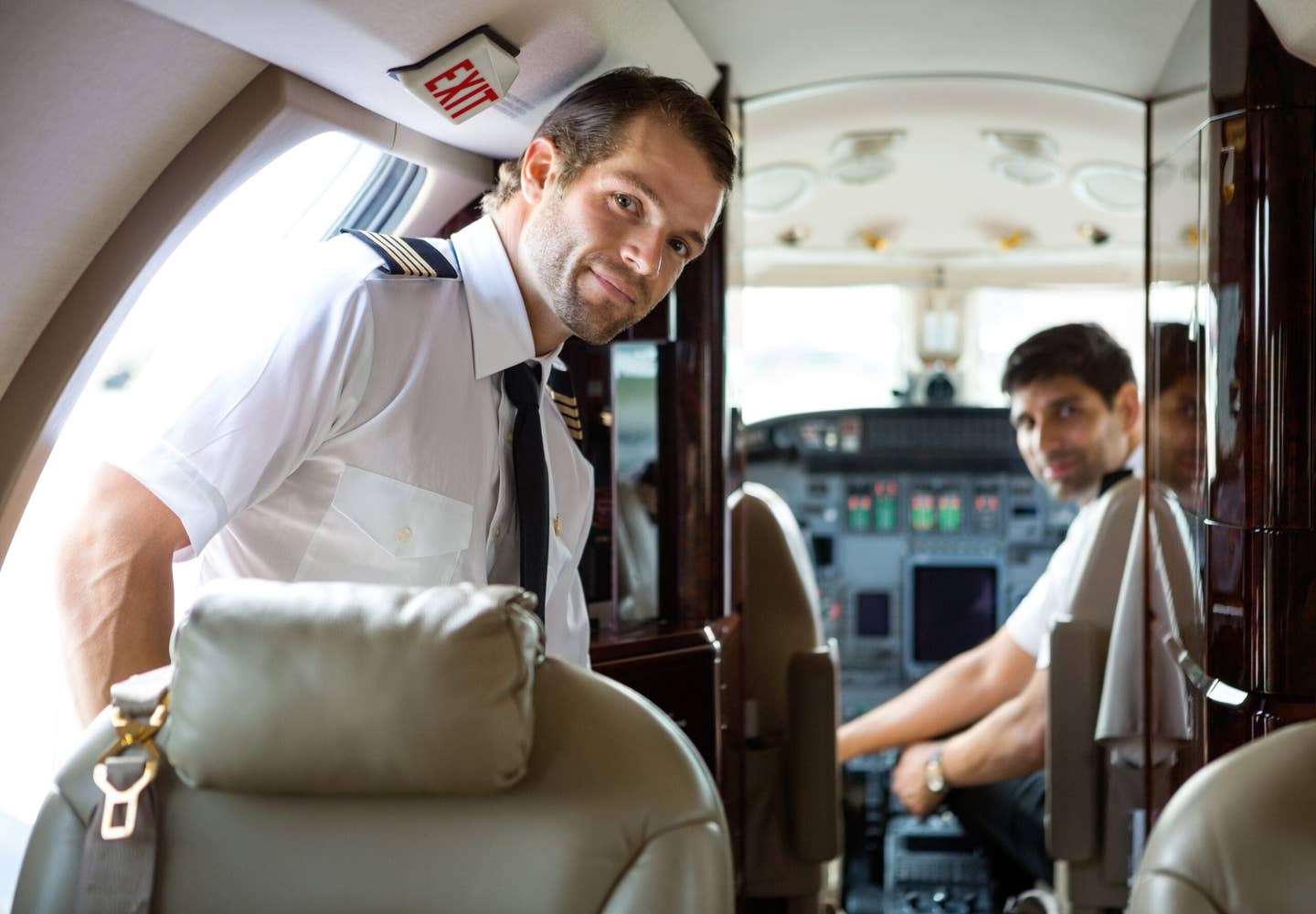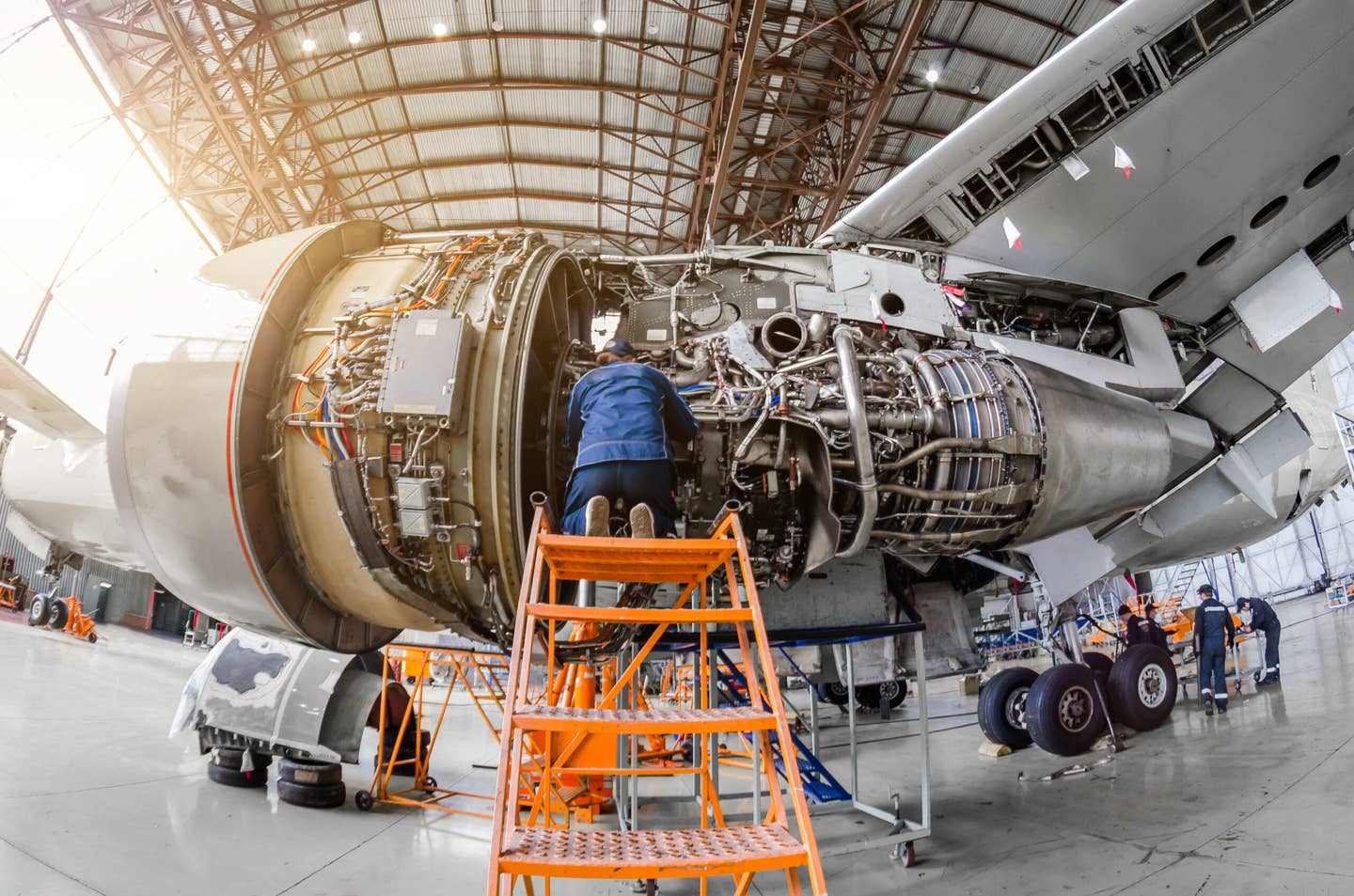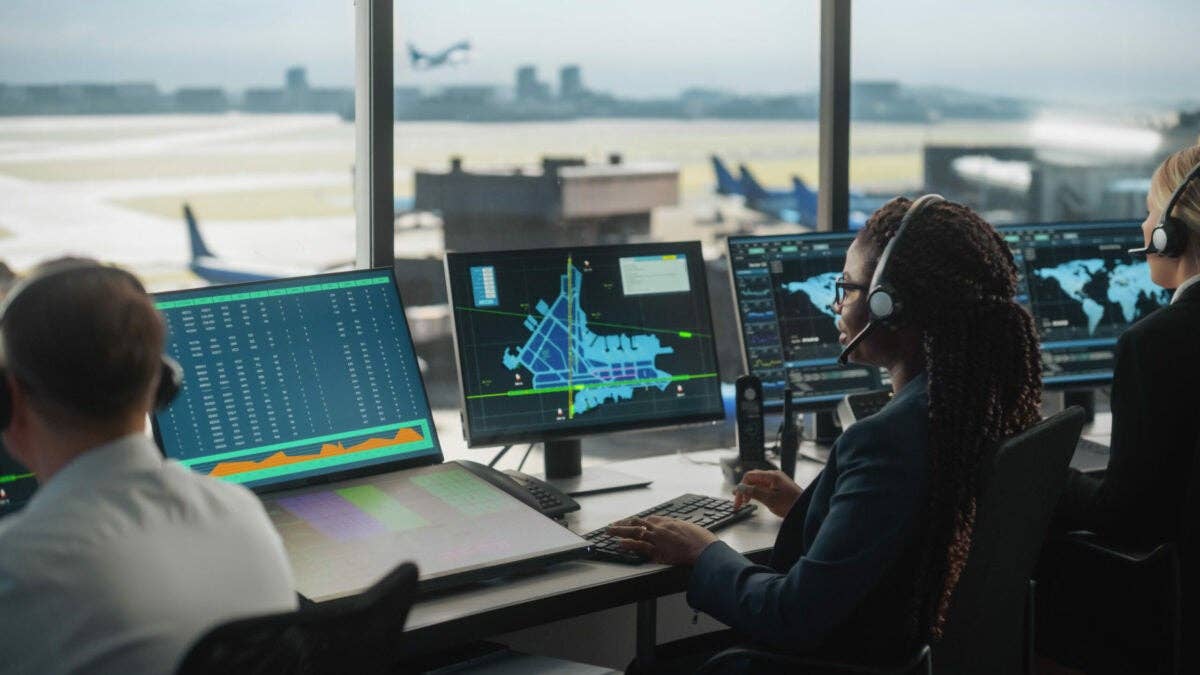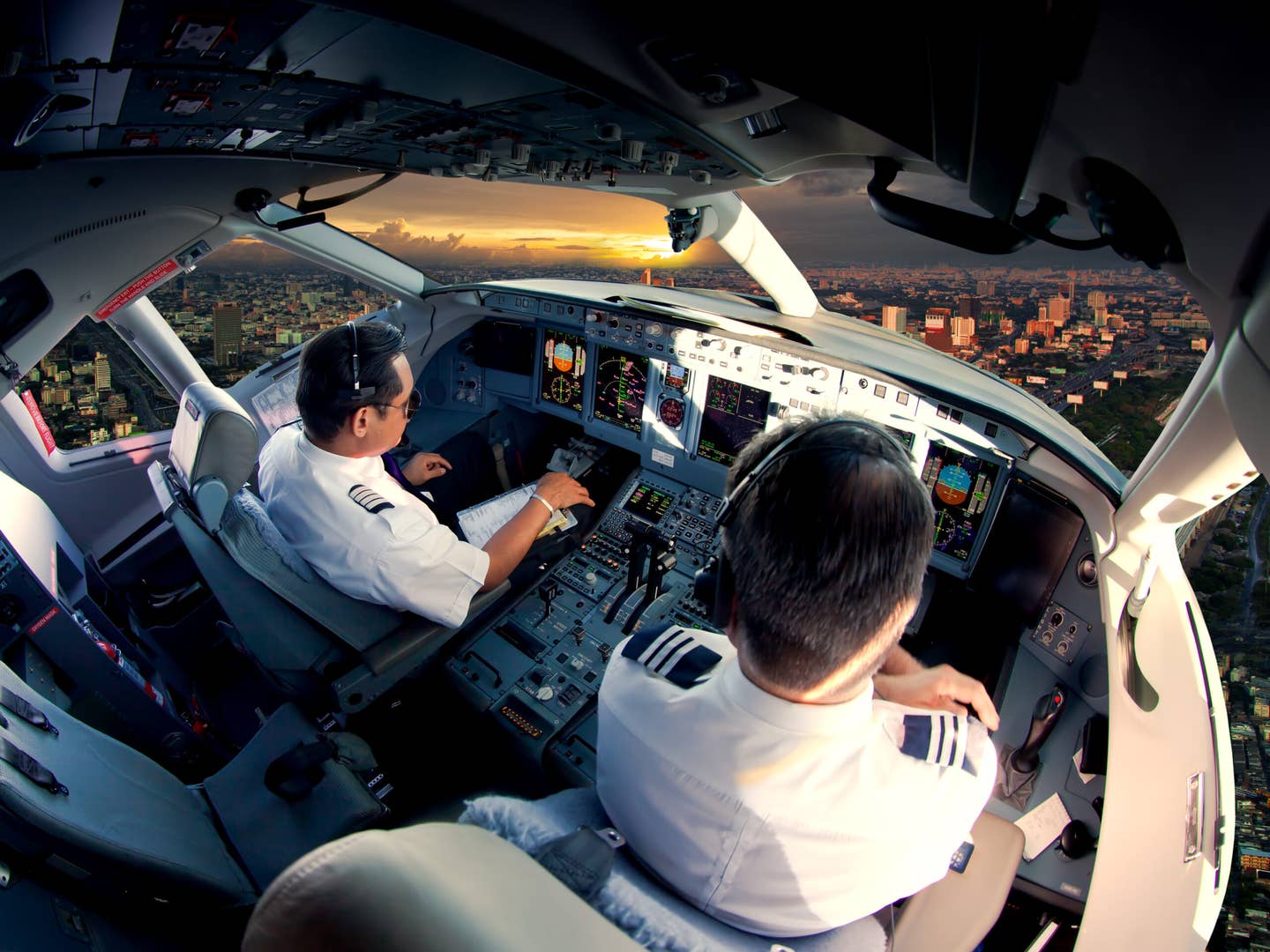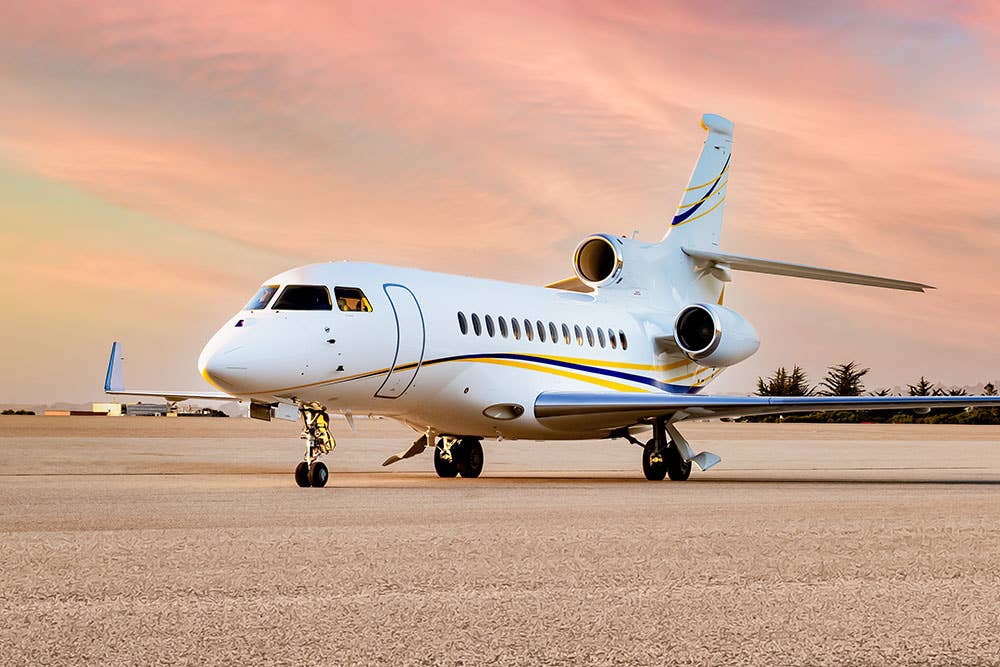The United States Civil Air Patrol Promotes Activities that Benefit Parents and Their Teens
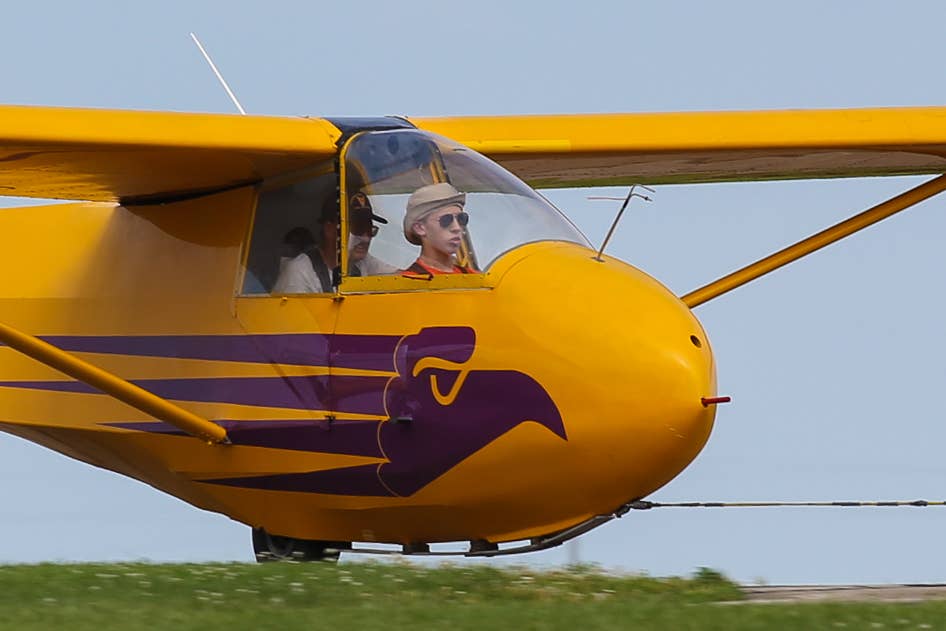
A Civil Air Patrol cadet (front) and CAP instructor (rear) touch down after an instructional flight in one of the CAP’s Schweitzer 2-33 gliders at a Summer CAP Cadet Flight Encampment. Many cadets solo either the glider or in a power plane at the end of a two-week encampment. Robert Bowden
It is a parent’s greatest quest: finding an activity that a parent and teen can do together. If the activity benefits the community, builds character and promotes usable skills, well, even better. If it also happens to fascinate both the parent and teen, well, then you’ve got an experience they’ll both cherish.
The United States Civil Air Patrol (CAP) does all of that. A civilian auxiliary branch of the U.S. Air Force, CAP is dedicated to education, coastal patrol and airborne search and rescue (SAR). It is also a great parent-child activity. Take it from a cadet who knows.
“I joined CAP at 16 after a family friend in the Navy suggested it to my mom. It was a tough time for us; my dad had left,” says 20-year-old Cadet Col. Klara Olcott. “My mother joined to be a CAP leader at overnight activities and is now a second lieutenant,” she says proudly. Olcott and her mom are two of some 55,000 CAP members nationwide, part of a tradition in its 78th year. Congress established Civil Air Patrol as the auxiliary of the U.S. Air Force with three primary missions: aerospace education, cadet programs and emergency services.
CAP handles 90 percent of inland SAR in the U.S. CAP is often first on the scene, transmitting digital images of damage, and providing disaster relief and emergency services. CAP was there on 9/11, after Hurricane Katrina, after wildfires, tornadoes and more. Its pilots fly missions in one of the largest Cessna fleets in the world (550).
The group’s education efforts are broad. You’ll find cadets staffing air shows, with adult members supervising. Summer encampment activities range from cyber-tech to space science to leadership courses and cultural exchange abroad. The programs also include SAR and, for those who are interested, flight training in gliders and powered aircraft.
“We try to get cadets a first flight within 90 days of joining CAP,” says Col. Edward Phelka, Commander, Great Lakes Region. “During summer encampments, cadets take classes, sleep in the barracks, and get those preliminary flights at the controls of a powered plane and/or glider,” he says.
Those initial flight hours are critical. “I remember seeing the clouds and being above everything,” Olcott recalls. “I went from thinking pilots were special to realizing I could be one. I soloed a CAP Cessna 172 with 8.2 hours in 2013,” she says, smiling. “I hope to become a senior CAP member and fly SAR missions. And one day I’d like to fly jets,” she says.
CAP has taken Olcott further than she ever thought. She received the coveted Spaatz award, the highest CAP cadet honor. She chairs the national cadet advisory council and serves on her local SAR ground team. “I’ve learned perseverance and willpower, and community, organizational and cooperative skills I can use the rest of my life,” she says. And she learned to fly an airplane. Does it get any better?
For more information about the Civil Air Patrol, its mission, and to find a Wing near you, navigate to gocivilairpatrol.com.

Subscribe to Our Newsletter
Get the latest FLYING stories delivered directly to your inbox

